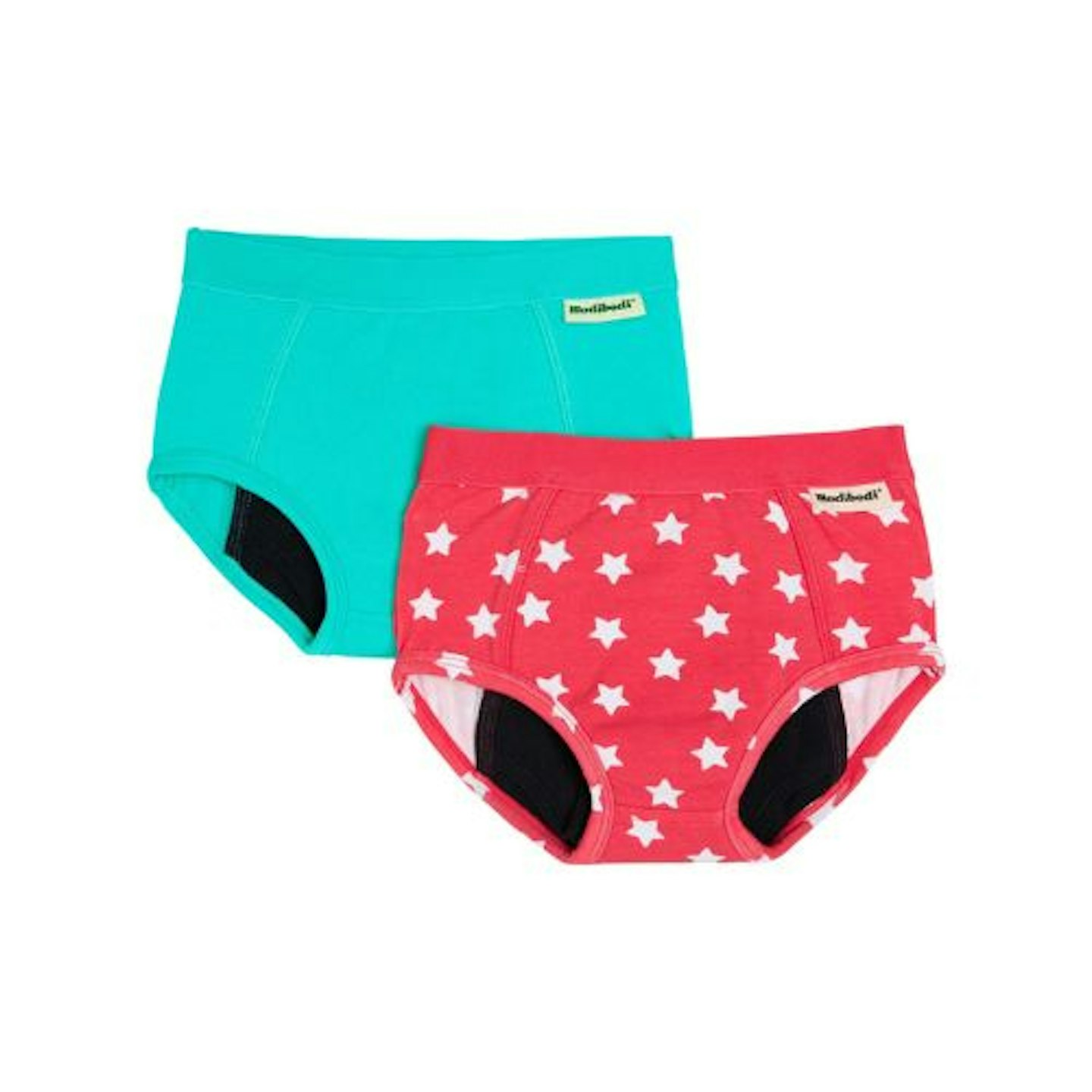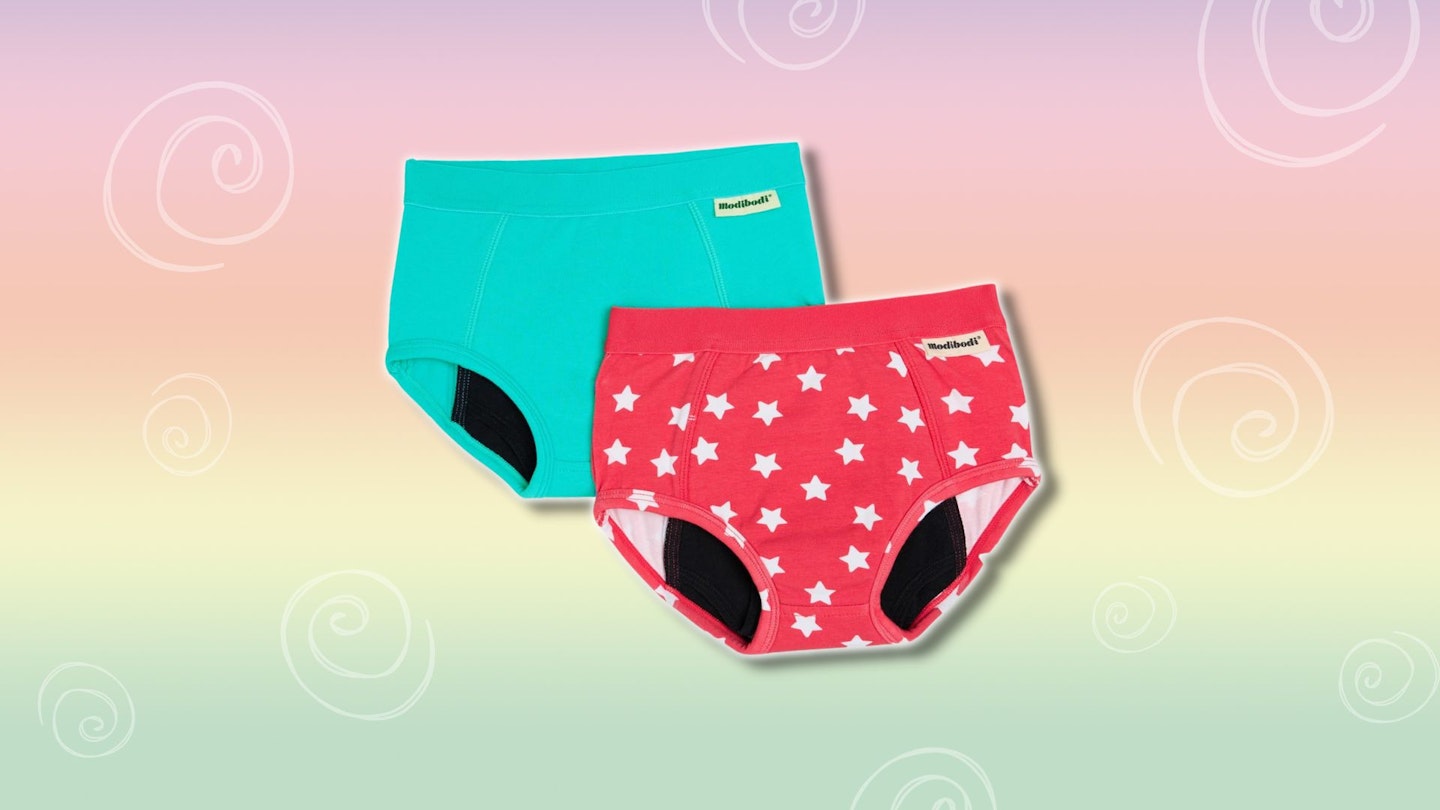Already a firm favourite with mums, Modibodi have added to their range of products with the release of their new toddler training pants.
Following the launch of Modibodi's maternity and baby range, their new reusable day-time training pants are designed for comfort and to support your toddler as they transition from nappies to pants.
The training pant wicks away moisture from the body, while leaving a slightly damp feel that will encourage children to remember to use the toilet.
Kids will love the independence that the training pants bring.
Why a Toddler Day-Time Training Pant?
Founder and CEO of Modibodi, Kristy Chong, said, "As a mother of four I have been through the toilet training stages of child rearing many times and understand how challenging it can be for parents."
Kristy said, "I noticed that the training pants on the market today tend to be ugly and with poor functionality, so when designing the toddler day-time pull up training pant, I wanted to create a product that had cool colourways that kids want to wear, while making them reusable, super absorbent and leak-proof to help give parents one less thing to worry about."
What are the benefits of Modibodi's design?
Kristy goes on to add, "Holding up to 130ml of liquid and with an outer fabric made from breathable, GOTs certified organic cotton that is safe against your child's skin.
"It has an absorbent gusset and an additional reusable insert pad designed to catch any leaks. The organic cotton gusset top layer wicks moisture away from the body, whilst still having a slightly damp feel to help alert your toddler that they need to use the toilet."
Discover the Modibodi Training Pants
With a patent pending harness design that helps with drying time, they're also designed to feel less bulky and soft against skin.
The training pants also holds up to 130ml of liquid and has a black coloured lining to prevent unwanted stains.

www.modibodi.co.uk
This handy two-pack is designed to make the transition from nappies to regular pants easier. With odour resistant material, they're easy to wash too. They also come in three different size ranges.
Top tips for toilet training
When should I start toilet training my toddler?
Most children are ready for toilet training between the ages of 18 months and three years old. All children are different and some may feel ready to ditch the nappies sooner than others.
Should I get a portable toilet?
Toilet training pants are particularly great for when you're out and about, especially in case of any accidents, but sometimes your toddler might need the toilet when there isn't one around.
By having a portable toilet, you can minimise the chances of accidents as you're not asking your child to wait to use a bathroom.
When should I start toilet training at night?
If your toddler can successfully use the toilet during the day and often wakes up in the morning with a dry nappy, then it might be time to start toilet training.
Don't put pressure on yourself or your toddler to master it straight away. Once your start toilet training at night, make sure to be persistent to avoid confusion.
